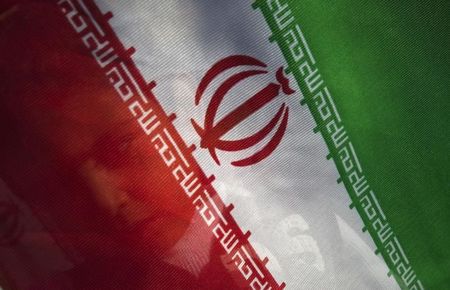By Fredrik Dahl
VIENNA (Reuters) - Iran dismissed on Tuesday as "fabricated ambiguities" suspicions that it has carried out nuclear arms research, a day after it came under renewed Western pressure to help clear up U.N. watchdog concerns about its atomic energy programme.
Addressing an annual meeting of the 162-nation International Atomic Energy Agency (IAEA), senior official Behrouz Kamalvandi also said Iran was committed to trying to reach a negotiated solution to its decade-old nuclear dispute with the West.
"However, measures such as sanctions or double standard approaches certainly harm the negotiating process and cause further mistrust," Kamalvandi, vice chairman of Iran's Atomic Energy Organisation, said.
He urged world powers - which resumed talks with Iran in New York last week - to take "constructive and realistic approaches" and fully respect Iran's nuclear rights in order to end what he called an "unnecessary" crisis.
The United States and the European Union, in statements to the IAEA conference on Monday, called on Iran to cooperate with the U.N. agency's long-stalled investigation into allegations that Tehran has worked on designing a nuclear weapon.
While rejecting the accusations as baseless Iran has promised since Hassan Rouhani, widely seen as a pragmatist, became president last year on a platform to end its international isolation, to work with the IAEA.
But an IAEA report issued in early September showed Iran had failed to answer questions by an Aug. 25 deadline about what the U.N. agency calls the possible military dimensions of the country's nuclear programme.
"It is essential and urgent that Iran cooperates fully with the agency regarding possible military dimensions," the 28-nation EU told the week-long, IAEA member state meeting.
Western officials say this is needed if Iran wants to reach a broader diplomatic deal with the six major powers to curb its atomic activities in exchange for a gradual end to sanctions that are severely hurting its oil-dependent economy.
IRANIAN "GOODWILL"
Iran says its nuclear programme is a peaceful quest to generate electricity so that it can export more oil and gas.
But the IAEA published a report in 2011 with intelligence indicating Iran had a nuclear weapons research programme that was halted in 2003 when it came under increased international pressure. The intelligence suggested some activities may have resumed later. The report identified about 12 specific areas that it said needed clarification.
The EU told the IAEA conference that "resolving all outstanding issues will be essential to achieve a comprehensive, negotiated long-term settlement" with Iran.
Three of the six powers dealing with the Iranian nuclear dossier are EU members - Britain, France and Germany.
Kamalvandi said Iran was fully cooperating with the IAEA and that this showed the Islamic Republic's "goodwill and genuine efforts to clarify some fabricated ambiguities, if any, regarding its peaceful activities".
Rouhani's election raised hopes of a solution to the stand-off with the West after years of rising tension and fears of a new Middle East war. An interim accord was reached between Iran and the six powers in Geneva last November.
But they did not meet a self-imposed July target date for a long-term accord and now face a new deadline of Nov. 24.
While the powers seek to limit the size of Iran's future nuclear programme - and thereby extend the time it would need for any bid to amass fissile material for a weapon - the IAEA is investigating alleged research and experiments in the past that could be used to make the bomb itself.

Western officials say that although there is no chance of the IAEA inquiry being completed before the scheduled end of the six-power talks, some of the sanctions relief Iran is seeking would probably depend on its cooperation with the U.N. agency.
(Editing by Mark Heinrich)
